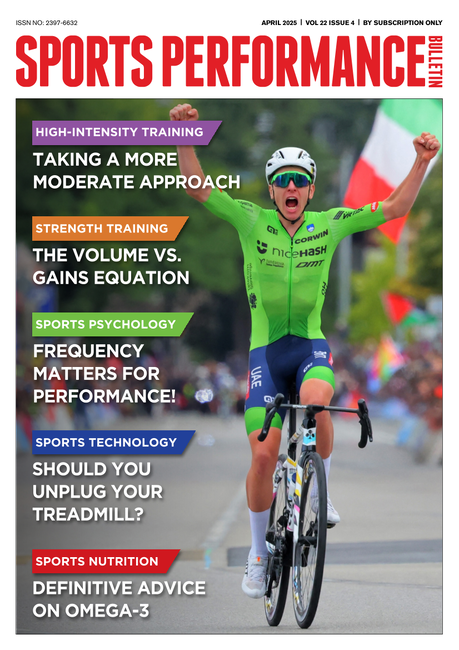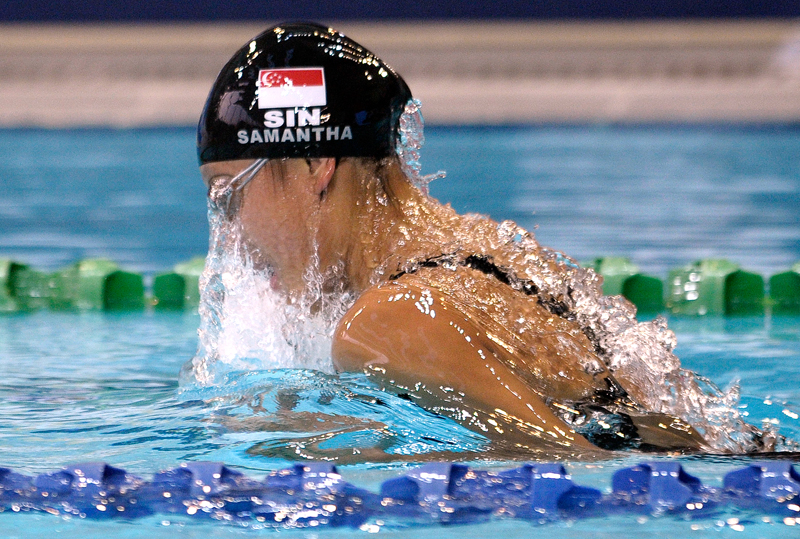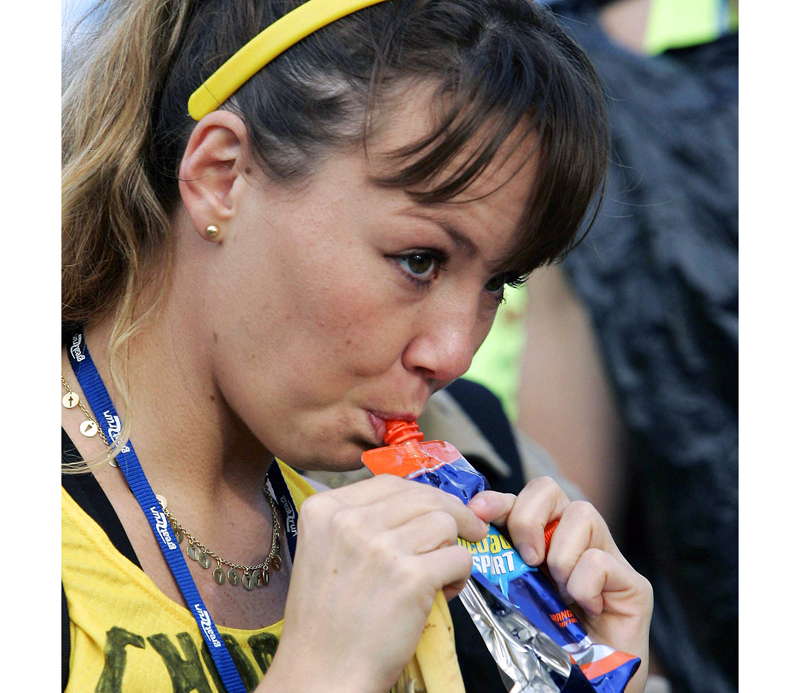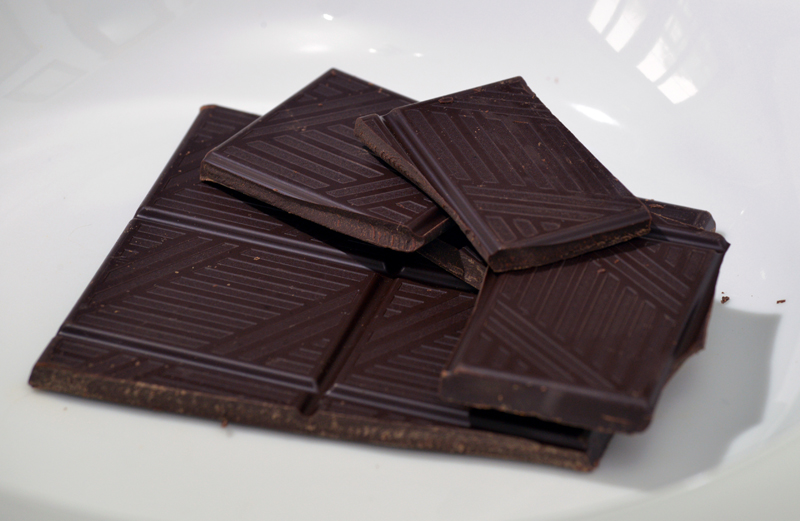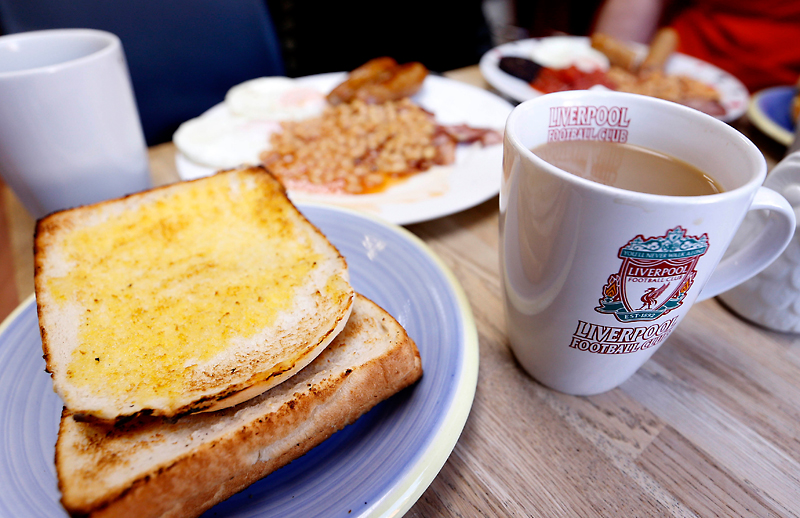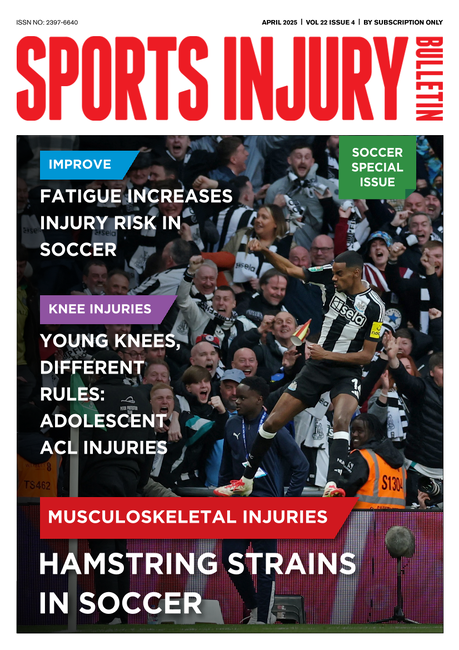Pre-race nutrition: the efficient performance diet!

Can your diet during the days leading up to an event affect your efficiency during that event? Andrew Hamilton looks at the evidence
Over the past 25 years or so, there’s been a bucket load of research showing that consuming carbohydrate while on the move (ie gels, carbohydrate drinks etc) in the saddle can significantly enhance performance over longer-duration (90+ minutes) events. The reason is simple: carbohydrate is your muscles’ premium fuel during exercise; carbohydrate can be absorbed and broken down to release energy rapidly, and it’s the only fuel that can meet the energy demands of your muscles when your exercise intensity becomes very high.It’s also a fact that even a relatively modest drop in the levels of muscle glycogen (stored muscle carbohydrate) can produce feelings of fatigue and tiredness, which why keeping topped up with carbohydrate can help stave off fatigue. It’s for this same reason (to top up your muscle glycogen) that sports scientists also recommend that you consume plenty of carbohydrate in the days leading up to a big event such as a distance ride, running marathon or longer-distance triathlon. This approach is commonly referred to as ‘carbohydrate loading’ (you can read more about the theory and practice of carbohydrate loading in this article).
Diet and efficiency
The main rationale for making sure you go the race line with your muscles fully replenished with carbohydrate is to ensure a maximum amount of high-quality fuel to allow you to work as hard as possible for as long as possible. However, more recent research suggests that a high intake of dietary carbohydrate intake before that big event could be even more important than was previously realised because it could help your muscles to work more efficiently.In a British study carried out at Christ Church University, Canterbury, scientists looked at the effects different diets on something called ‘gross efficiency’ in 15 trained male cyclists(1). Gross efficiency or ‘GE’ basically refers to how much energy in terms of forward movement is created per calorie of energy expended by the cyclist when pedalling, or the runner when running.
Gross efficiency is not related to factors such as technique or aerodynamics; instead it’s an intrinsic quality within the muscles themselves. Higher efficiency means more propulsive forces can be generated by the muscles for a given level of energy expenditure. In short, an athlete with high gross efficiency can generate more muscular propulsion while consuming less energy – a win-win situation and an important part of determining endurance performance! You can read more about the concept of muscle efficiency in this article.
The protocol
In this study, trained cyclists performed three separate 2-hour cycling trials. In each trial, the cyclists’ riding intensity (power output) was the same – 60% of the maximum power they could sustain for one minute. However, in the three days preceding each of the three trials, the cyclists followed three very different dietary patterns. Which were as follows:- A high-carbohydrate diet (70% of the total energy derived from carbohydrate, 20% fat, 10% protein);
- A low-carbohydrate diet (70% fat, 20% carbohydrate, 10% protein)
- A moderate carbohydrate diet (45% carbohydrate, 45% fat, 10% protein).
The link between diet and GE
In all three of the dietary conditions, the cyclists’ GE values tended to drop over the course of each 2-hour trial. However, what was apparent was that when the cyclists had consumed the high-carbohydrate diet beforehand, this drop in GE was significantly less then when they had consumed either the moderate or low-carbohydrate diets. The overall result across the 2-hour ride therefore was that the cyclists’ GE was significantly higher (ie better) when they had consumed the high-carbohydrate beforehand (an average GE of 20.4% for high-carbohydrate diet vs. 19.6% for the moderate and low-carbohydrate diets).Implications for endurance athletes
Gross efficiency is an important concept in endurance sports such as cycling and running; a better GE basically means you can cover more ground with less effort. It’s also a fact that one of the key physiological factors that mark out highly elite (ie world class) athletes is that they all possess very high levels of GE(2-4).There have been quite a few studies showing that GE can be boosted by certain training protocols and improved biomechanics but the notion that diet prior to exercise can affect your GE is relatively new. This study suggests then that as well as taking carbohydrate onboard during an event to prolong your endurance, it could also be a very good strategy to eat a high-carbohydrate diet in the three days leading up to your event! And for further information on boosting muscle efficiency (for example, training protocols), follow the article links below
References
- Int J Sports Med. 2014 Mar;35(3):265-9
- J Sports Med Phys Fitness. 1991 Sep; 31(3):345-50
- J Physiol. 2008 Jan 1; 586(1):35-44
- Appl Physiol Nutr Metab. 2006 Oct;31(5):530-40
You need to be logged in to continue reading.
Please register for limited access or take a 30-day risk-free trial of Sports Performance Bulletin to experience the full benefits of a subscription. TAKE A RISK-FREE TRIAL
TAKE A RISK-FREE TRIAL
Newsletter Sign Up
Testimonials
Dr. Alexandra Fandetti-Robin, Back & Body Chiropractic
Elspeth Cowell MSCh DpodM SRCh HCPC reg
William Hunter, Nuffield Health
Newsletter Sign Up
Coaches Testimonials
Dr. Alexandra Fandetti-Robin, Back & Body Chiropractic
Elspeth Cowell MSCh DpodM SRCh HCPC reg
William Hunter, Nuffield Health
Keep up with latest sports science research and apply it to maximize performance
Today you have the chance to join a group of athletes, and sports coaches/trainers who all have something special in common...
They use the latest research to improve performance for themselves and their clients - both athletes and sports teams - with help from global specialists in the fields of sports science, sports medicine and sports psychology.
They do this by reading Sports Performance Bulletin, an easy-to-digest but serious-minded journal dedicated to high performance sports. SPB offers a wealth of information and insight into the latest research, in an easily-accessible and understood format, along with a wealth of practical recommendations.
*includes 3 coaching manuals
Get Inspired
All the latest techniques and approaches
Sports Performance Bulletin helps dedicated endurance athletes improve their performance. Sense-checking the latest sports science research, and sourcing evidence and case studies to support findings, Sports Performance Bulletin turns proven insights into easily digestible practical advice. Supporting athletes, coaches and professionals who wish to ensure their guidance and programmes are kept right up to date and based on credible science.


